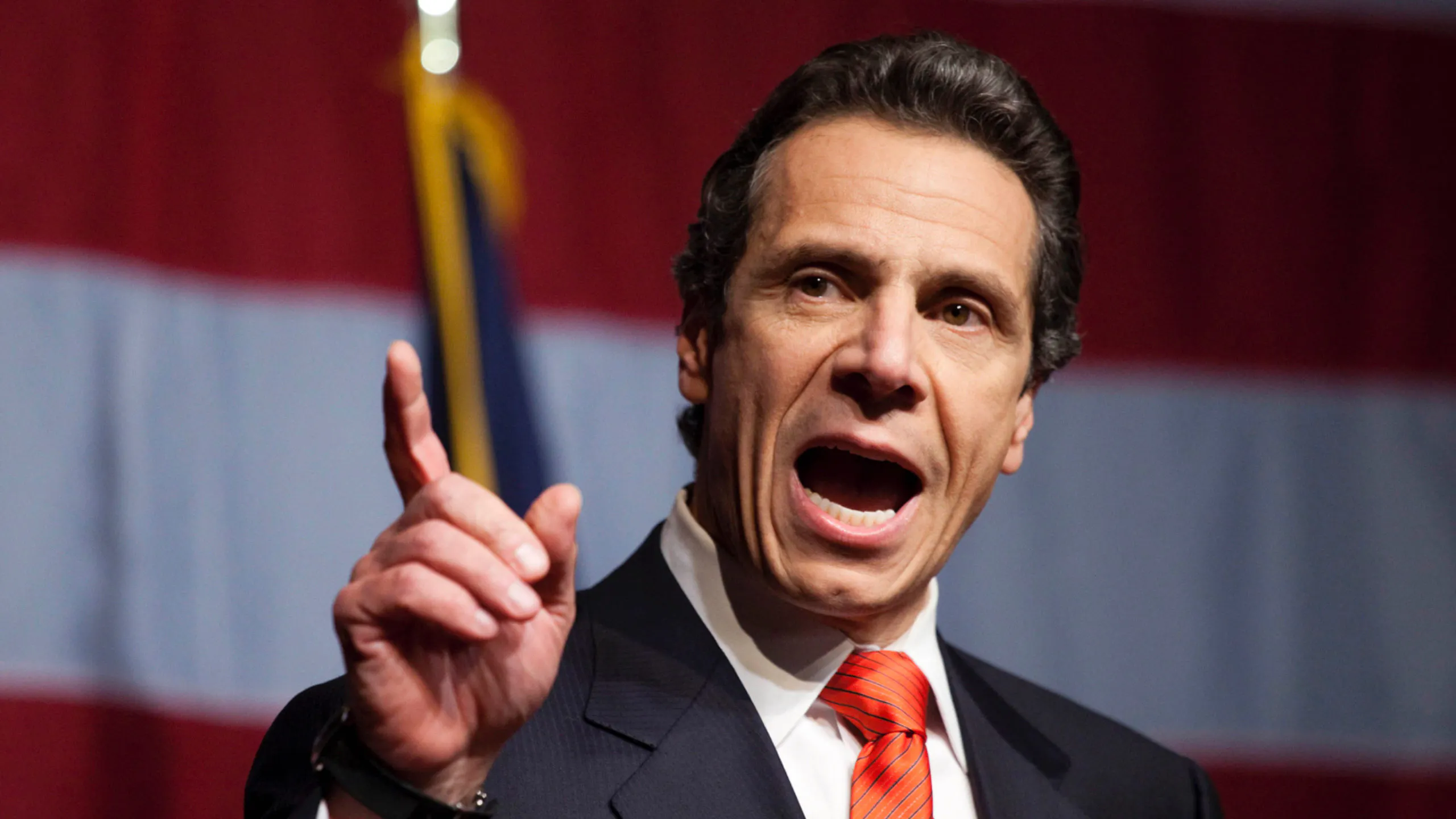On Thursday, New York Governor Andrew Cuomo, who had the Supreme Court rule against him and in favor of the Archdiocese of Brooklyn and two Orthodox Jewish congregations in a religious liberty case, dismissed the ruling as not having “any practical effect” because religious groups still have to follow New York City’s rule of limiting religious services to 50 percent.
“That Supreme Court ruling on the religious gatherings is more illustrative of the Supreme Court than anything else,” Cuomo said, according to the New York Post. “It’s irrelevant of any practical impact because of the zone they were talking about is moot. It expired last week. It doesn’t have any practical effect. The lawsuit was about the Brooklyn zone. The Brooklyn zone no longer exists as a red zone. That’s muted. So that restriction is no longer in effect. That situation just doesn’t exist because those restrictions are gone.”
The Post added, “In its decision, the nation’s highest court said its decision temporarily blocking Cuomo’s executive order on the 10- and 25-person occupancy limits remains in effect pending further deliberation in the US Court of Appeals for the Second Circuit. They acknowledged the order narrowly addressed the zones in question, which are outdated.”
The Court noted that the plaintiffs “seek relief from an Executive Order issued by the Governor of New York that imposes very severe restrictions on attendance at religious services in areas classified as ‘red’ or ‘orange’ zones. In red zones, no more than 10 persons may attend each religious service, and in orange zones, attendance is capped at 25. The two applications, one filed by the Roman Catholic Diocese of Brooklyn and the other by Agudath Israel of America and affiliated entities, contend that these restrictions violate the Free Exercise Clause of the First Amendment, and they ask us to enjoin enforcement of the restrictions while they pursue appellate review.”
The Court explained:
In a red zone, while a synagogue or church may not admit more than 10 persons, businesses categorized as “essential” may admit as many people as they wish. And the list of “essential” businesses includes things such as acupuncture facilities, camp grounds, garages, as well as many whose services are not limited to those that can be regarded as essential, such as all plants manufacturing chemicals and microelectronics and all transportation facilities.
The Court continued:
Stemming the spread of COVID–19 is unquestionably a compelling interest, but it is hard to see how the challenged regulations can be regarded as “narrowly tailored.” They are far more restrictive than any COVID–related regulations that have previously come before the Court, much tighter than those adopted by many other jurisdictions hard-hit by the pandemic, and far more severe than has been shown to be required to prevent the spread of the virus at the applicants’ services.
Justice Neil Gorsuch issued a blistering criticism of Cuomo, writing, “[I]t turns out the businesses the Governor considers essential include hardware stores, acupuncturists, and liquor stores. Bicycle repair shops, certain signage companies, accountants, lawyers, and insurance agents are all essential too. So, at least according to the Governor, it may be unsafe to go to church, but it is always fine to pick up another bottle of wine, shop for a new bike, or spend the afternoon exploring your distal points and meridians. Who knew public health would so perfectly align with secular convenience?”

.png)
.png)

